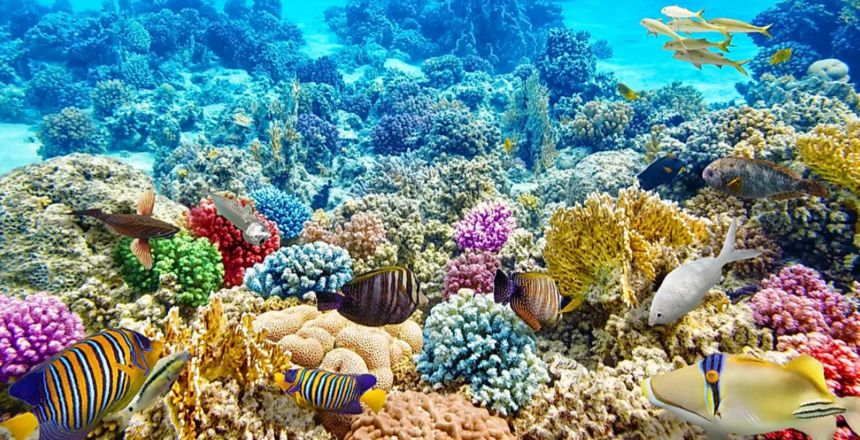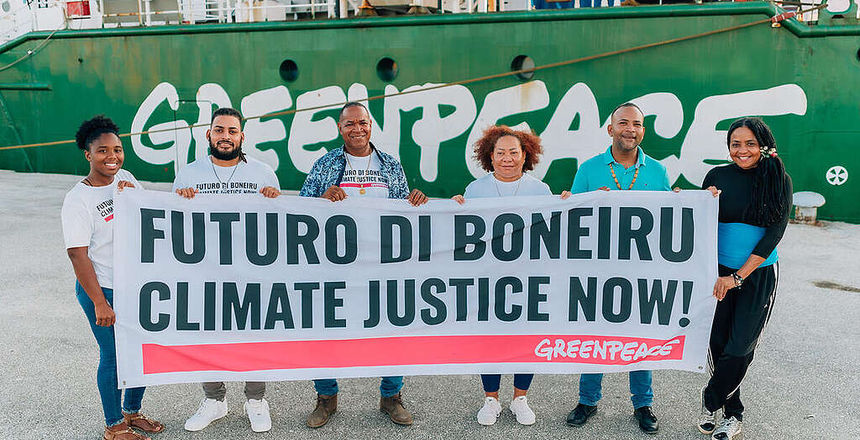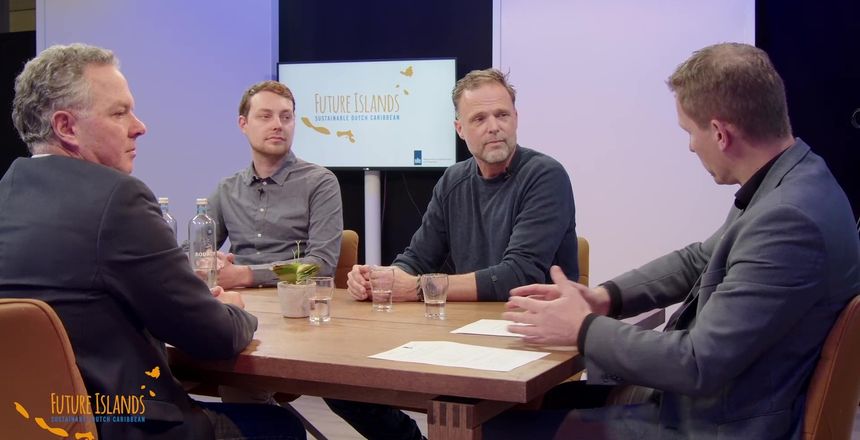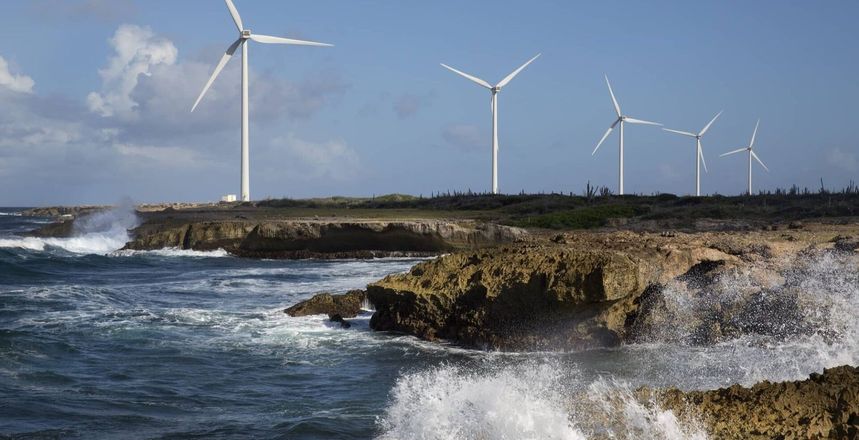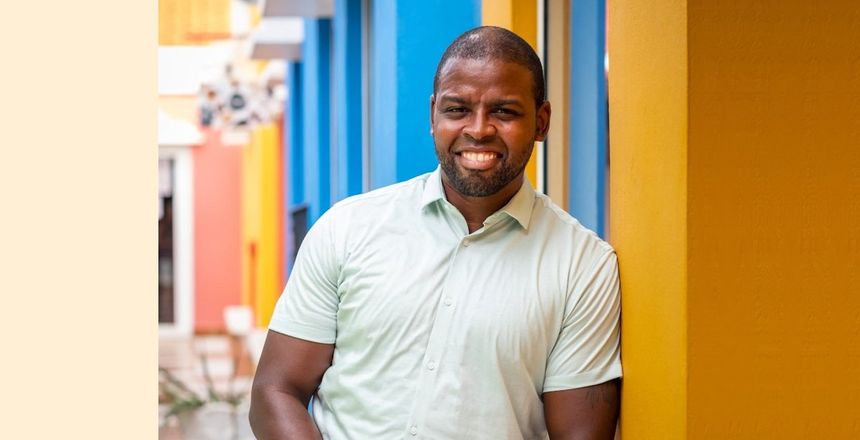News
2 min.
Very recently, Dutch Minister for Nature and Nitrogen (Natuur en Stikstof) was invited to join an episode of the popular radio show “Vroege Vogels” to discuss several topics in regard to nature, the environment, climate and animal wellbeing. One of the main subjects was the state of coral reefs around Bonaire and in particular, their vulnerability to climate change. A few weeks earlier, marine biologist Erik Meesters from Wageningen University & Research had expressed his concerns about the miserable state of water life in the region as a result of excessive human activity on the islands.
Human activity leading to reef detoriation
As we have emphasized on more than a few occasions in the past already, the coral reefs in the Dutch Caribbean are essential to the region’s well-being. According to Meesters, the reefs have been deteriorating at a rapid rate for decades, principally a consequence of urbanization and other human activity. As a result, he said, the total surface of all coral reefs around Bonaire decreased by about 50% since the sixties. Over the past years, especially the construction of new touristic resorts and (illegal) artificial beaches have sped up this destructive process further.
“Human activity has contributed to this [coral reef deterioration] considerably”, Meesters said in Vroege Vogels a few weeks ago, “Construction and overgrazing by goats and donkeys have provoked fast soil erosion and caused reef suffocation. The many cesspools on the island have stimulated the growth of coral-damaging algae and most likely caused disease in the reefs as well”.
Better balance as priority
In the latest episode of Vroege Vogels, Minister Van der Wal-Zeggelink was confronted with Meesters’ statements and asked for a reaction. She mainly saw it, at this stage, as a question of finding a better balance in and around Bonaire between human activity and nature preservation. She was very aware of the vulnerability of the region’s coral reefs and the fact that very soon, reconstruction might not even be an option anymore.
“It’s about balance”, says Minister Van der Wal-Zeggelink in reaction to Meesters’ earlier remarks, “There is a lot of construction activity and tourism is a very important driver for Bonaire. How else can they survive? At the same time, it’s clear that, for example, cruise ships are not beneficial for sea life. We are rapidly approaching a point where damage [to coral reefs] might not be repairable any longer”.
In the same episode of Vroege Vogels, the Minister mentions that a visit to the Caribbean Netherlands is on the cards for 2023. One of the major topics on the agenda will be the destination of the €35 million that has been reserved by the central Dutch government to improve nature restoration and preservation efforts in the Dutch Caribbean.
“We are investing a lot of money there and we have to speak about how that money will be spent”, says the Minister, “We need to find a different balance in Bonaire, which does not mean that there can no longer be any construction of touristic facilities and hotels”. She did not specify her current ideas on this topic, but more details will surely be shared as the visit to the Caribbean Netherlands approaches.
The basis for this article was originally published on www.antilliaansdagblad.com and others in December 2022.

